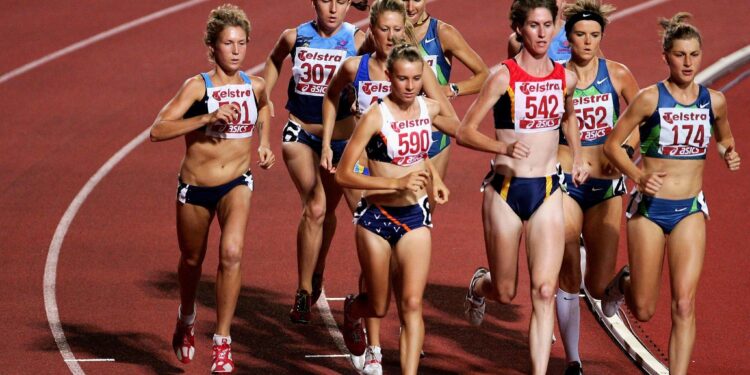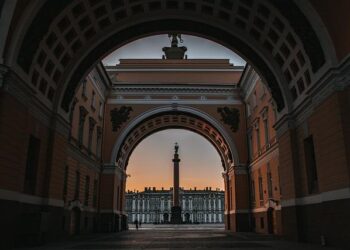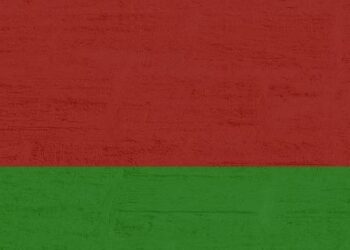Some athletes from Russia and Belarus will be allowed to compete under a neutral banner at the upcoming Milan-Cortina Winter Olympics, CBC reports. This decision comes amid ongoing geopolitical tensions and sanctions affecting the participation of these countries in international sports. The International Olympic Committee (IOC) has established strict conditions for eligibility, aiming to balance the principles of fair competition with the complex political landscape surrounding the Games.
Russian and Belarusian Athletes Allowed to Compete Under Neutral Banner at Milan Cortina Games
After extensive deliberations, the International Olympic Committee has determined that selected athletes from Russia and Belarus will be permitted to participate in the upcoming Milan-Cortina Winter Games, but strictly under a neutral flag. This decision aims to balance the athlete’s right to compete with the broader geopolitical tensions impacting international sports. Competitors will not display national symbols, an official national anthem will be omitted during medal ceremonies, and uniforms must avoid any country identifiers.
Key conditions for participation include:
- No affiliation with government or military bodies
- Rigorous testing for doping violations
- Approval by an independent panel to confirm eligibility
| Athlete Criteria | Details |
|---|---|
| Neutral Status | Compete without national symbols or anthem |
| Eligibility | Clean record and no ties to conflicted institutions |
| Uniform | Plain design with “Neutral Athlete” label |
Implications for International Sports Amid Ongoing Geopolitical Tensions
Allowing athletes from Russia and Belarus to compete under a neutral banner represents a delicate balancing act in international sports governance. This move, while aiming to uphold the spirit of inclusivity and fair play, also underscores the ongoing challenges faced by global sporting bodies in navigating the reverberations of geopolitical conflicts. Such decisions reflect an attempt to separate individual athletes’ aspirations from the political actions of their home countries, yet they inevitably invite scrutiny and debate over the effectiveness and fairness of neutrality in a highly polarized landscape.
The implications extend beyond individual competitions, affecting team dynamics, fan engagement, and international relations within sports federations. Key concerns include:
- Integrity of competition: Ensuring a level playing field without compromising ethical standards.
- Diplomatic signaling: How participation under a neutral flag sends complex messages to the global audience.
- Long-term precedents: Setting frameworks for dealing with similar situations in future sporting events.
| Aspect | Potential Impact |
|---|---|
| Athlete Morale | Mixed feelings; pride tempered by lack of national representation |
| Fan Response | Varied support; some question legitimacy, others emphasize unity |
| International Sports Policy | New guidelines developed for neutrality and eligibility |
Ensuring Fair Play and Transparency in Neutral Athlete Participation Protocols
To maintain integrity within international competition, detailed protocols govern the participation of athletes from Russia and Belarus, who will compete under a neutral banner at the Milan-Cortina Olympics. These measures emphasize strict supervision and clear delineation of athlete status, preventing any affiliation with their home countries’ national symbols or anthems. Officials have implemented rigorous identity verification procedures and monitor all interactions to ensure fairness across all events, reinforcing the Olympic spirit of unbiased competition.
Transparency is further enhanced by regularly published reports that outline the steps taken to monitor compliance, creating accountability throughout the games. Key elements include:
- Independent oversight committees monitoring athlete eligibility and behavior
- Real-time audits of competition footage and athlete conduct
- Clear communication channels for reporting violations or concerns anonymously
| Protocol Aspect | Purpose | Implementation |
|---|---|---|
| Neutral Uniforms | Remove national identifiers | Standardized design approved by IOC |
| Entry Screening | Verify neutrality compliance | Credential checks at venues |
| Media Restrictions | Prevent unauthorized national representation | Monitored press zones and briefings |
Concluding Remarks
As the Milan-Cortina Winter Olympics approach, the decision to allow certain athletes from Russia and Belarus to compete under a neutral banner marks a significant development in the ongoing intersection of sports and geopolitics. While these athletes will participate without national symbols, their presence underscores the complex balance between upholding international sporting principles and addressing geopolitical tensions. The coming Games will not only be a showcase of athletic prowess but also a reflection of the broader global landscape shaping the world of sports today.
















